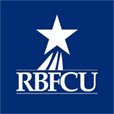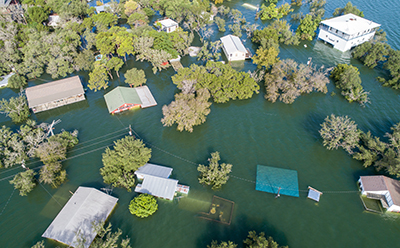Losing a Loved One: How to Settle Finances
It is never easy to experience the death of a loved one or a friend. It becomes much more difficult and stressful if the one you care about has passed away and left behind numerous accounts and other money issues you and your family knew little or nothing about.

There are many places where you can reach out for help. RBFCU offers A Financial Guide Following the Loss of a Loved One that provides thorough instructions and worksheets to steer you through the process to resolution. Also, here are eight suggestions from the National Endowment for Financial Education’s “Smart About Money” website that can help bring peace to settling the finances of a loved one.
Take Your Time
As money from investments like insurance settlements come in, place the money in short-term savings so you can methodically think through the next steps.
Gather Documents
Always have the important items handy. Those include: The decedent’s Social Security number, certified copies of the death certificate, the will and powers of attorney, and most recent bills and account statements. Refer to RBFCU’s A Financial Guide Following the Loss of a Loved One for a complete list.
Inventory Assets
This can range from hard assets (jewelry, collections or real estate) to “paper assets” (employee benefits to include a 401K or pension). Make a list and place items and documents in safe keeping.
Transfer assets
It is imperative to change the deceased person’s name on jointly held assets (financial accounts, credit cards, auto titles and property deeds).
Notify businesses
After a loved one dies, instruct creditors to freeze, transfer, or close accounts. Stop any automatic payments or deposits. Cancel subscriptions and notify the Social Security office. See RBFCU’s A Financial Guide Following the Loss of a Loved One for Account Settlement Information.
Contact employer
Check to see if the deceased person’s employer holds any benefits due to survivors, such as unused vacation or sick leave. It’s also possible that a health plan can continue coverage for survivors for 36 months under COBRA.
Paying the bills
What obligations have been left behind? Be in contact with creditors to see if they can wait to be paid until the estate is settled.
Consider expert help
You might want to consult an attorney experienced in estate settlements (in most cases this is a probate attorney). They can help you know what actions are required of you and the executor of the will. You can inquire about free initial consultations through the American Bar Association or the probate court in the area where the decedent resided.



